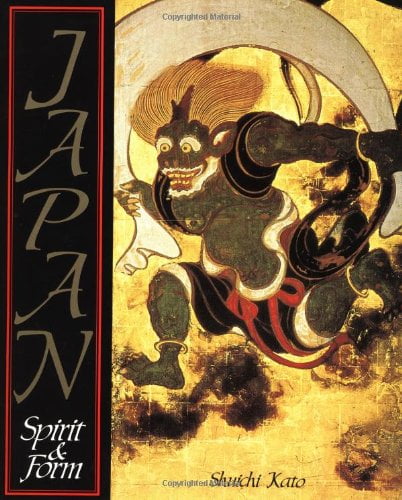

In Indian Buddhism there are no revengeful ghosts as there are seven opportunities for reincarnation, one each seven days after death, so all the deceased without exception are thought to be reincarnated within 49 days. Also while not completely unrelated to folklore, the philosopher Takeshi UMEHARA is noted for his work 'History of Onryo' which looks at Japanese history from the point of view of the appeasement of revengeful ghosts. Some analysis of folklore suggests that 'even during the Edo Period people generally harbored feelings of awe and fear to the dead.'Īs can be seen from the above explanation the spirits of the deceased have some ambiguous aspects and in contrast to revengeful ghosts are the ancestral spirits which are honored. It is said that there have been different viewpoints throughout the ages in Japan and across different regions including that 'the dead become sacred beings', 'the dead become beings to be abhorred' or that 'people who die of unnatural causes become revengeful ghosts and curse the living.' The usual understanding is that 'there are cases where the place or grave where the person who is said to have became an onryo died, is vandalized or people who merely inadvertently pass such a place become cursed.' However, like with magic, it is impossible to find scientific proof.

In Japan, examples include the curses of SUGAWARA no Michizane and Emperor Sutoku during the Heian period and during the Edo period Nanboku TSURUYA, the fourth used the 'incident of a wife, Oiwa's murder which in fact happened in the Tamiya fafmily' as a ghost story in his play 'Tokaido Yotsuya Ghost Stories.'Īlso, there were also phenomenon reportedly witnessed by an unspecified number of people in connection with onryo ghosts such as the reported happenings in Tokyo during the Meiji Period in connection with the transfer of "a tomb for the head" of TAIRA no Masakado inside an old undisclosed ministry and related curses.

Onnen indicates a feeling held by a supernatural being that results in a curse that affects another person. It is also a term used in storytelling, comics, movies, and dramas and in this kind of fiction the spirits are portrayed as having a physical presence in order to heighten the effectiveness of the story. The spirit may curse the person who caused their death and in some cases drive that person to death, and in this way seek retaliation. Onryo refers to supernatural phenomenon and the religious idea (in some parts) or spiritual notion that if a person dies in an accident or incident, dispute, suffers punishment or execution, or dies after suffering from excessive mental or physical stress caused by another person, and does not reach heaven or nirvana, but remains in this world saddled with strong feelings (grudges, described below), Due to these attributes, they are classified as evil spirits. Onryo are common supernatural or ghostly phenomenon that cannot be seen by human eyes that harbor ill will and vengeance towards humans.


 0 kommentar(er)
0 kommentar(er)
